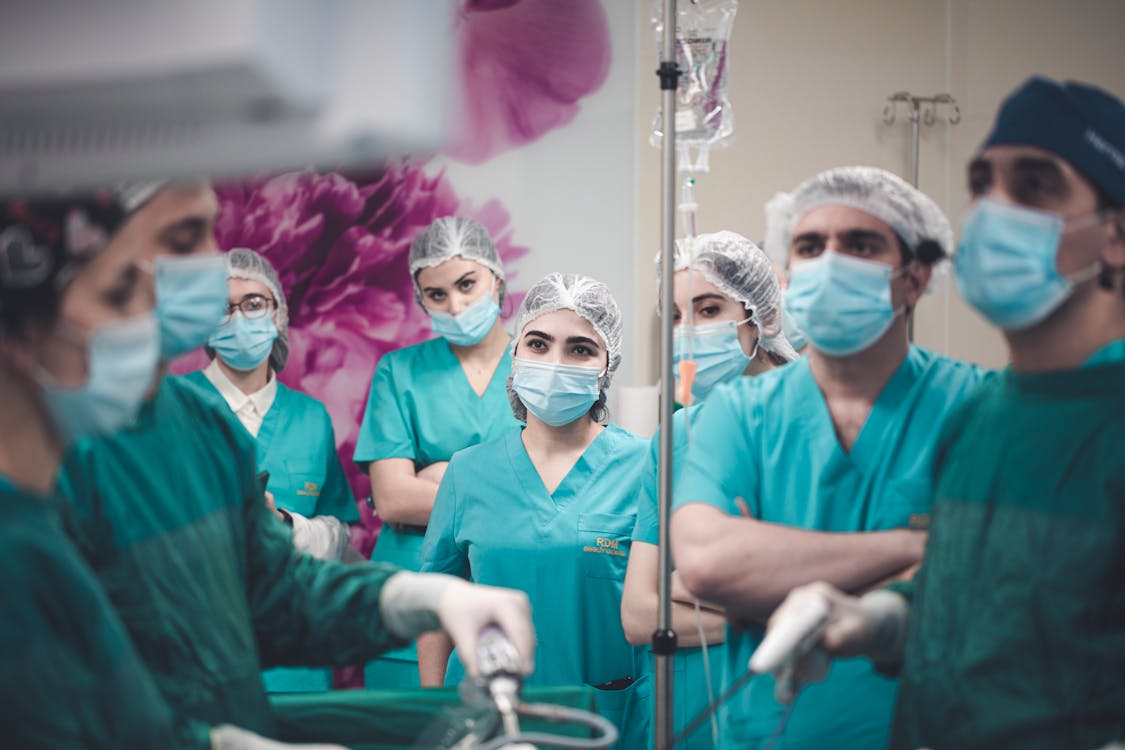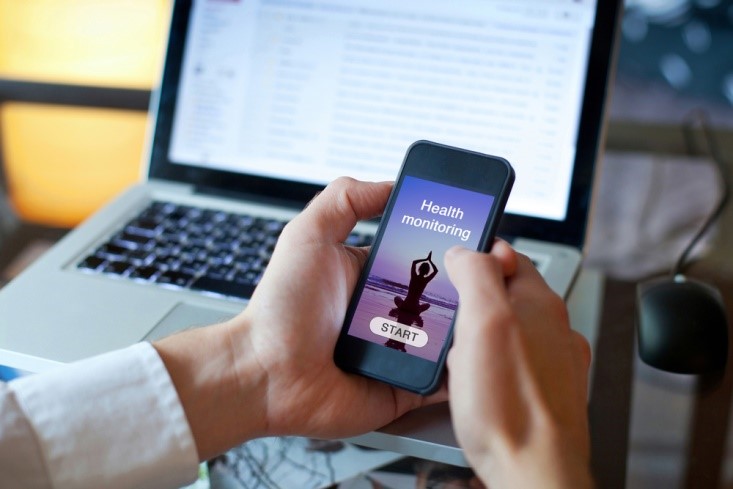
Most people don’t realize that it can take up to 15 years and an average of $1 billion to $2 billion dollars just to get one drug developed, pass clinical trials and ultimately approved by the Federal Drug Association (FDA). In fact, the sobering truth is that up to 90% of all clinical drug trials fail.
Considering this, it’s actually nothing short of a miracle that the COVID-19 vaccine was approved within just two years. In truth, COVID-19 changed medical research and drug development radically in that it kick-started a lot of innovations in technology. Today, technological advancements are allowing pharmaceutical scientists and laboratories to reduce the alarmingly high failure rates of clinical drug trials.
Why Do Most Drugs Fail in Clinical Trials?
Faced with the reality that only one in ten drugs pass regulatory approval and clinical trial testing, intense research continues to investigate the reason for this. According to an analysis published by Nature News, researchers determined that clinical efficacy was the culprit for almost half of all failures. In other words, the drugs simply didn’t work or did not render the intended effect in patients.
Research also showed that approximately 30% of drugs failed late stage clinical trials because they produced unacceptable toxic levels, and/or they triggered intolerable side effects.
As if these barriers to approval weren’t enough, another 10% of all drugs never pass muster simply because there is no commercial interest, therefore they lack funding to bring them into the medical marketplace. Last but not least, ineffective planning and poor lab strategies are also factors that thwart drugs from graduating to fully approved status.
Continue Reading

At some point in their lives, most people will face the daunting task of having to choose between medical options. It’s during these instances when the importance of clinical trials is heavily emphasized. Each and every medical option presented to us has been scrutinized meticulously, and yet, few people will ever know of the rigors and challenges that accompany clinical trials. This piece is meant to give credence to the researchers who ensure that the medical solutions we use are safe and effective.
What Are Clinical Trials?
A clinical trial is a process that tests the safety and effectiveness of drugs and medical devices. Clinical trials are often sponsored by pharmaceutical companies and are conducted by research teams composed of medical professionals and experts.
Before a medical solution can be mass-produced and delivered, it must first undergo a lengthy process that involves laboratory testing and clinical trials before being approved by the FDA. This process can take from five to 10 years. So, why is this lengthy process necessary?
Continue Reading
 Ask anyone involved in the world of clinical trials about the biggest trend facing the industry, undoubtedly they will say “BYOD.” The idea of allowing patients to use their own mobile devices to report data related to their trial participation isn’t necessarily a new one, but with more people using smartphones and tablets than ever before, it’s moved to the forefront of discussions about the best way to manage eCOA data collection.
Ask anyone involved in the world of clinical trials about the biggest trend facing the industry, undoubtedly they will say “BYOD.” The idea of allowing patients to use their own mobile devices to report data related to their trial participation isn’t necessarily a new one, but with more people using smartphones and tablets than ever before, it’s moved to the forefront of discussions about the best way to manage eCOA data collection.
Why BYOD Is Gaining Traction
On the surface, incorporating BYOD into eCOA seems like a perfect, and obvious, solution. Using dedicated applications on devices that they already own and are familiar with — and most likely have on them most of the time — they can enter data easily, and in real time. The benefits don’t end there, either.
Cost — One of the most significant cost centers for clinical trials, accounting for about a third of the costs of clinical trials, is reporting. More specifically, those costs are incurred in the provisioning of devices for study participants to use in reporting their data. With BYOD, those costs are reduced significantly.
Improved Engagement and Compliance — BYOD in clinical trials removes some of the learning curve inherent in providing devices to participants. Patients are already familiar with how to work their devices, and generally use them on a regular basis, which has the effect of increasing their engagement with the study, and more likely to record the data when and how they are supposed to. There’s no need to carry or learn about a second device, or go to any extra effort, which has the potential effect of improving the accuracy of study results.
Improved Access — Some experts argue that allowing patients to use their own devices for data collection can help increase access to clinical trials for patients living in remote areas. Currently, patients in those areas cannot participate in trials due to limited broadband, but reporting via cellular connections may open new opportunities.
Clearly, there are some significant benefits to using BYOD for clinical trials, and the potential for improved outcomes cannot be ignored. However, there are some concerns about BYOD in this capacity — concerns that have significantly affected adoption rates.
Continue Reading


 Ask anyone involved in the world of clinical trials about the biggest trend facing the industry, undoubtedly they will say “BYOD.” The idea of allowing patients to use their own mobile devices to report data related to their trial participation isn’t necessarily a new one, but with more people using smartphones and tablets than ever before, it’s moved to the forefront of discussions about the best way to manage eCOA data collection.
Ask anyone involved in the world of clinical trials about the biggest trend facing the industry, undoubtedly they will say “BYOD.” The idea of allowing patients to use their own mobile devices to report data related to their trial participation isn’t necessarily a new one, but with more people using smartphones and tablets than ever before, it’s moved to the forefront of discussions about the best way to manage eCOA data collection.